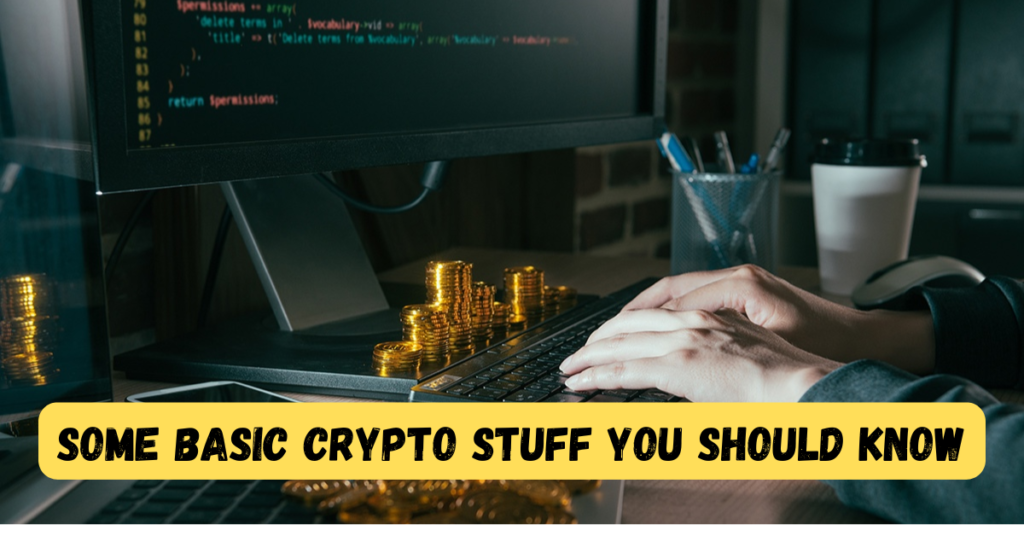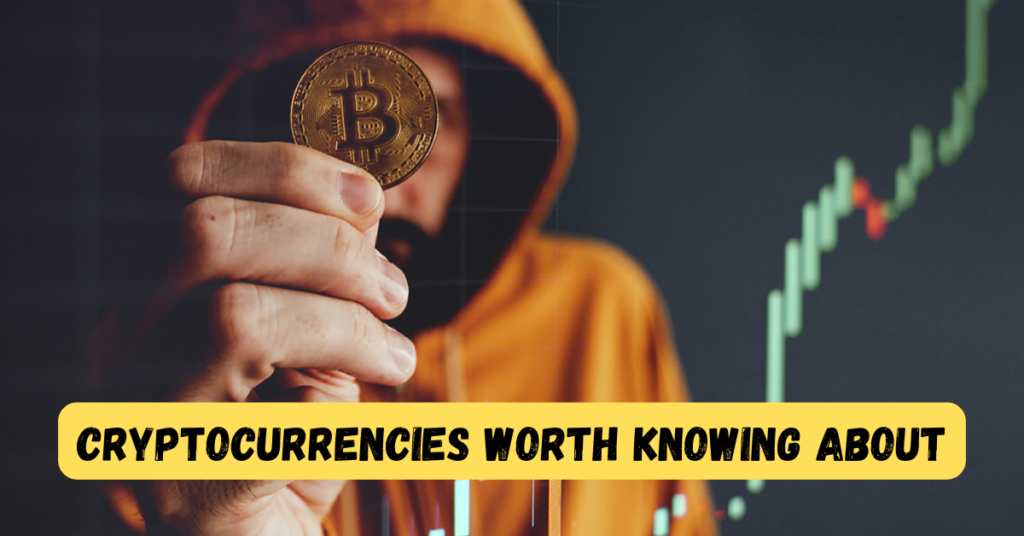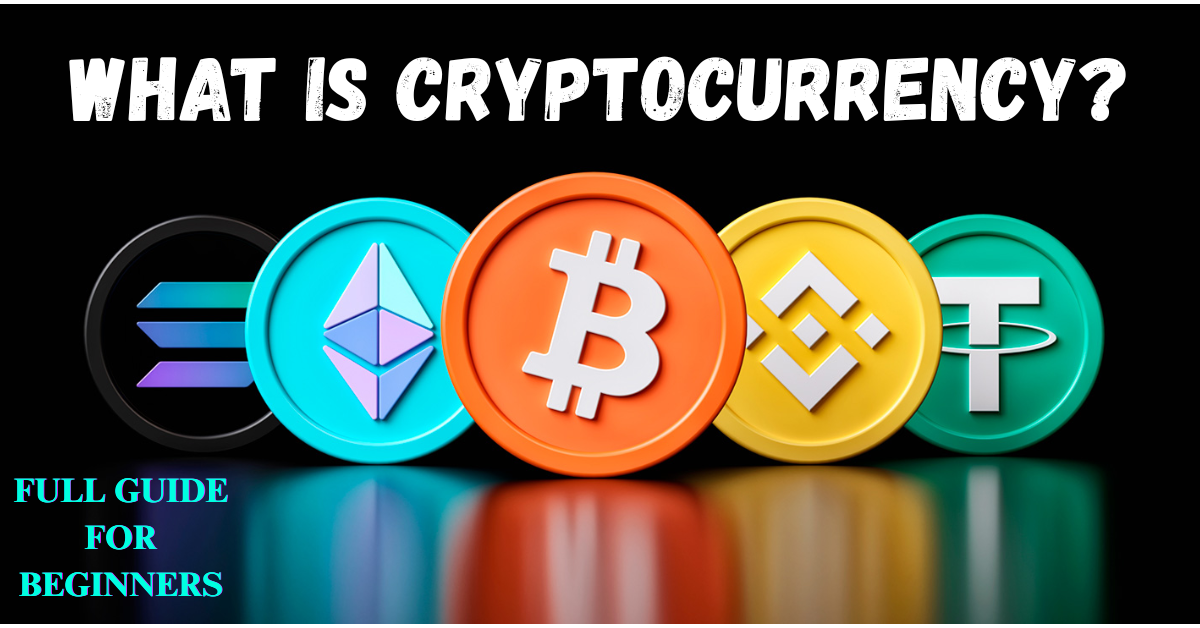Crypto is basically internet money that doesn’t need banks. That’s the super simple version. The slightly longer version: it’s digital money that uses crazy complicated math (cryptography) to secure transactions on something called a blockchain, which is kinda like a giant spreadsheet that EVERYONE can see and nobody can mess with.
Unlike regular money that governments print whenever they feel like it, most cryptocurrencies have fixed supplies or predictable inflation rates.I remember trying to explain this to my dad and he was like “but what is it ACTUALLY?” and I was like “it’s code, dad!” He still doesn’t get it, but he bought some Bitcoin anyway lol.
Why People Actually Care About This Stuff
So why would anyone want internet money instead of regular money? Good question!
I got into crypto for a few reasons:
- I’m sick of banks charging me $35 when I overdraft by $2
- I think it’s messed up that governments can just print trillions of dollars whenever they want
- I love the idea of being able to send money anywhere in the world in minutes
- I’m a tech nerd and the blockchain tech is genuinely fascinating
Different people are into crypto for different reasons. Some libertarian types love the “screw the government” angle. Tech geeks love innovation. Regular folks often just want to try to make some money (no judgment, that’s why I first got interested!).
Some Basic Crypto Stuff You Should Know

Blockchain = The Magic Spreadsheet
Think of blockchain like a magic spreadsheet that:
- Can’t be altered once something’s written in it
- Is copied to thousands of computers around the world
- Anyone can look at any time
Every 10 minutes or so (for Bitcoin), all new transactions get bundled together into a “block” and added to the chain. Hence “blockchain.” Mind-blowing, I know.
I tried explaining this to my grandma and she asked if it was like Google Docs. It’s… not really, but A+ for effort, Grandma!
Mining = Computers Solving Math Problems
So who adds these blocks to the blockchain? Miners!
Miners are basically people (or companies now, tbh) with super powerful computers that solve really hard math problems. The first one to solve it gets to add the next block to the chain AND gets rewarded with brand new crypto.
My buddy tried mining Bitcoin on his gaming PC back in 2018… his electricity bill was insane and he made like $12 worth of Bitcoin. Not all get-rich-quick schemes work out lol.
Wallets = Your Crypto Home
Your crypto wallet is where your digital coins live. Except they don’t actually “live” there – the coins exist on the blockchain, and your wallet just holds the keys to access them.
It’s kinda like how Netflix doesn’t actually store movies on your TV – you just have access to them.
There are different types:
- Hardware wallets (like little USB sticks)
- Software wallets (apps on your phone/computer)
- Web wallets (websites, but kinda sketchy imo)
I learned about wallet security the hard way when I kept $800 worth of Ethereum on an exchange that got hacked in 2019. Still bitter about that one!!
Starting From Absolute Zero: My Advice
First: Just Watch & Learn
Before you put a single dollar into crypto:
- Follow a few crypto YouTubers (but avoid the ones with faces in thumbnails)
- Join r/CryptoCurrency on Reddit (50% idiots, 50% genuinely helpful people)
- Read “Mastering Bitcoin” if you’re technically minded
- Or “The Bitcoin Standard” if you’re more into economics
I spent 3 months just reading before buying anything, and I’m SO glad I did.
Second: Decide How Much You Can Lose
Notice I didn’t say “how much you can invest” – I said how much you can LOSE.
Crypto is volatile af. For me, I started with $500 that I was fully prepared to set on fire. That mindset kept me from panic-selling when things got rough.
Third: Pick an Exchange That Won’t Steal Your Money
You need an exchange to buy crypto with regular money. Some popular ones for beginners:
- Coinbase (super easy but higher fees)
- Binance (more complex but cheaper)
- Kraken (good security)
- Gemini (founded by the Winklevoss twins, randomly)
I started on Coinbase, and I’m getting more comfortable then moved on to Finance .
Fourth: Get Verified (it’s annoying but necessary)
Most legit exchanges make you verify your identity with:
- ID/passport
- Selfie
- Sometimes proof of address
It’s a pain in the butt, but it’s actually a good sign. If an exchange DOESN’T make you do this, it’s probably sketchy.
The verification process took me like 2 days on Coinbase back in 2017. My girlfriend got verified in like 20 minutes last year, so it’s gotten better!
Fifth: Start Small, For Real
Don’t go all-in on some random coin your coworker told you about. Start with the big ones:
- Bitcoin (BTC): The original
- Ethereum (ETH): The best think
I started with $400 in Bitcoin and $100 in Ethereum.
Sixth: Don’t Leave Everything on Exchanges
Once you have more than a few hundred bucks in crypto, think about getting a hardware wallet. I use a Ledger Nano X and it’s pretty good.
Remember: “Not your keys, not your coins.” If the exchange gets hacked or goes bankrupt, your crypto could be gone forever.
My friend lost 2 Bitcoins on Mt. Gox collapsed way back when. Those would be worth like $60k today. BIG OOF.
Stupid Mistakes I Made So You Don’t Have To
Buying random coins because they were cheap:
I bought Ripple at $3 because it was “cheaper” than Bitcoin. That’s not how it works! It crashed to $0.20 shortly after. Ugh.
Forgetting my seed phrase:
I wrote it down on a “safe” piece of paper that I later used as a bookmark and lost. $300 of Ethereum, gone forever. WRITE IT DOWN AND KEEP MULTIPLE COPIES.
Trading too much:
Every time I tried to time the market, I did worse than if I’d just held. My tax forms were also a nightmare.
Not taking profits:
When my portfolio hit 5x in 2021, I got greedy and thought it would go to 10x. Narrator: It did not go to 10x. It crashed instead.
Telling everyone about crypto at parties:
Nothing makes you look like a bigger tool than talking about blockchain at a social gathering. Learn from my mistakes, folks.
READ FOR THIS BLOG: McKinley Richardson Net Worth: A Deep Dive into Her Financial Success
Cryptocurrencies Worth Knowing About

There are literally thousands of cryptocurrencies, but here are the ones that have actually stuck around:
Bitcoin (BTC):
The OG. Digital gold. Started this whole thing.
Ethereum (ETH):
Like a global computer. Powers most NFTs and DeFi stuff.
Binance Coin (BNB):
The token used on Finance, the biggest exchange.
Cardano (ADA):
Claims to be more scientific and secure. Moves slow but steady.
Solana (SOL):
Super fast but has crashed a few times. Big in NFTs.
I hold mostly BTC and ETH with smaller amounts of a few others. My worst performing coin was something called BitConnect which turned out to be a complete scam. Yikes.
The Risks (And There Are MANY)
Look, crypto is risky. Like, really risky. Here’s the real talk:
- It’s a rollercoaster:
My portfolio was once down 85% during the 2018 bear market. I felt physically sick. - Lots of scams:
So many fake projects, pump and dumps, and outright theft. - Regulations changing:
Governments are still figuring out how to handle crypto. Rules change ALL THE TIME. - Technical complexity:
I once sent ETH to a BTC address by accident. Spoiler alert: You can’t recover it. - Tax nightmares:
Every trade is a taxable event in most countries. My 2021 tax return was 37 pages long because of crypto.
What I Wish Someone Had Told Me at the Start
Don’t invest more than you can afford to lose:
For real. I’ve seen people take out loans to buy crypto. DON’T.
Bear markets last longer than you think:
The 2018-2020 bear market felt ENDLESS. I nearly gave up so many times.
Nobody knows shit about fuck:
Anyone who says they can predict prices is either lying or delusional.
The tech matters, but so does the community:
The best tech doesn’t always win. Bitcoin’s tech is ancient but it has the strongest community.
It’s a long game:
The people who made the most money in crypto are the ones who bought and held for years, not the day traders.
Frequently Asked Questions
How does a beginner start in cryptocurrency?
Download a crypto exchange app like Coinbase, verify your identity, link a payment method, and start with small investments in popular coins like Bitcoin or Ethereum.
How do you make crypto from zero?
Learn and earn through crypto faucets, complete online tasks, participate in airdrops, or mine with your computer (though mining profitability varies).
What is crypto in one word?
Decentralized.
How to start crypto trading for beginners?
Research exchanges, start with small amounts, learn technical analysis, use demo trading platforms, and never invest more than you can afford to lose.
Can I create my own coin?
Yes, using blockchain platforms like Ethereum or Binance Smart Chain, but it requires technical knowledge of coding and blockchain technology.
Conclusion
Crypto is fascinating, frustrating, exciting, and terrifying. It’s definitely not for everyone, and that’s OK! If you do decide to dive in, start small, do your research, and be prepared for a wild ride. Don’t invest money you need for rent or food. Don’t believe anyone who promises guaranteed returns.
And for the love of god, write down your seed phrases and keep them somewhere safe!!!Shoot me an email if you have questions – I’m no expert but I’ve made enough mistakes to help you avoid the worst ones! P.S. Don’t forget that crypto gains are taxable! I learned that one the hard way when the IRS sent me a very unfriendly letter in 2019.

Jon is a seasoned SEO expert with a passion for content writing, keyword research, and web development. He combines technical expertise with creative strategies to deliver exceptional digital solutions.










